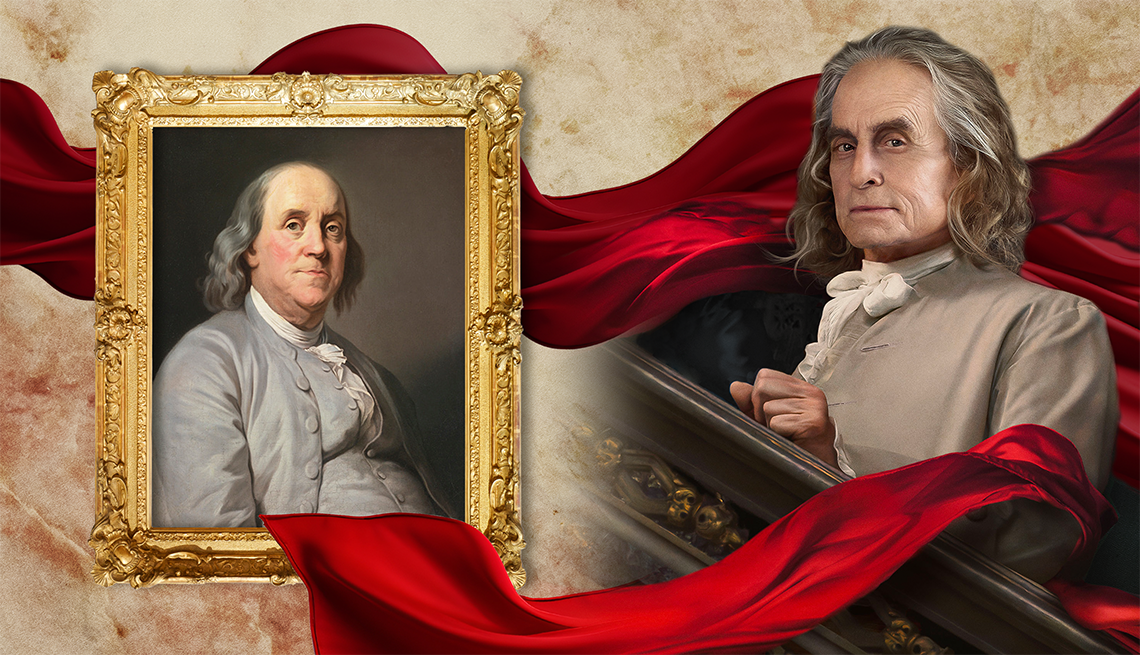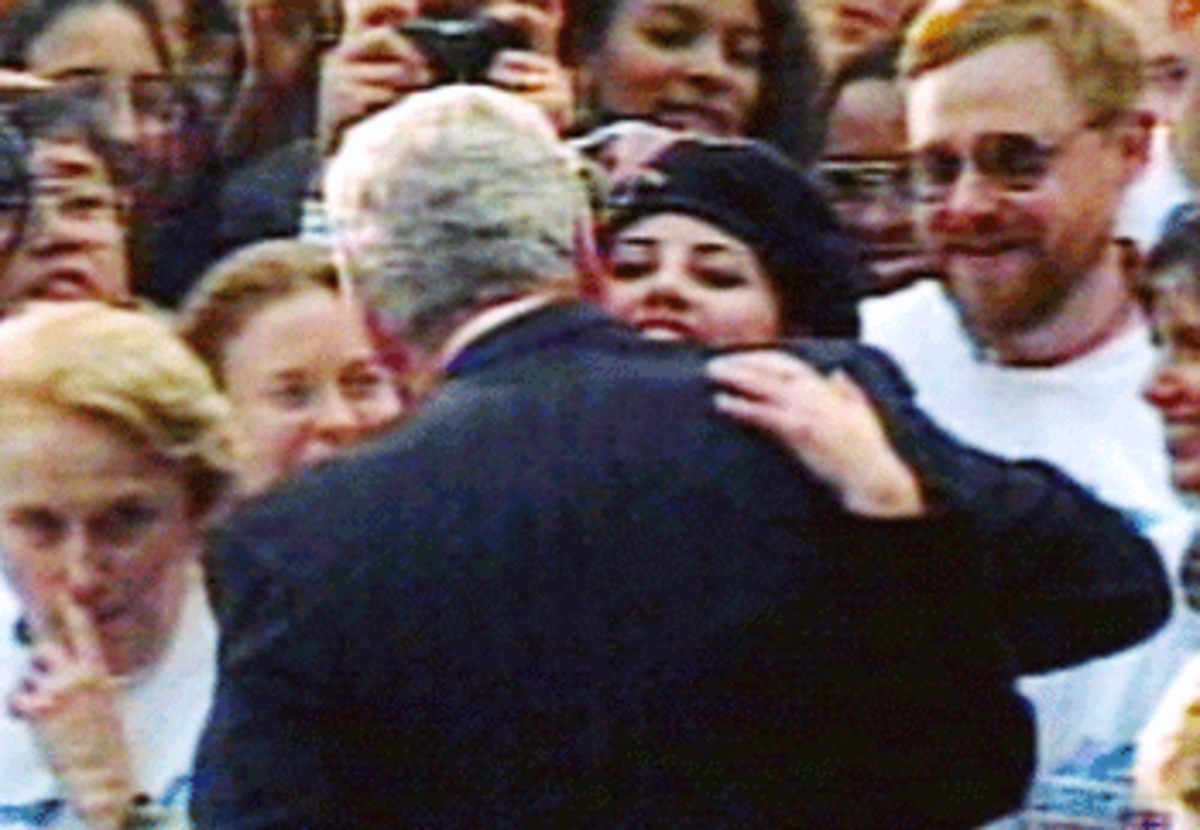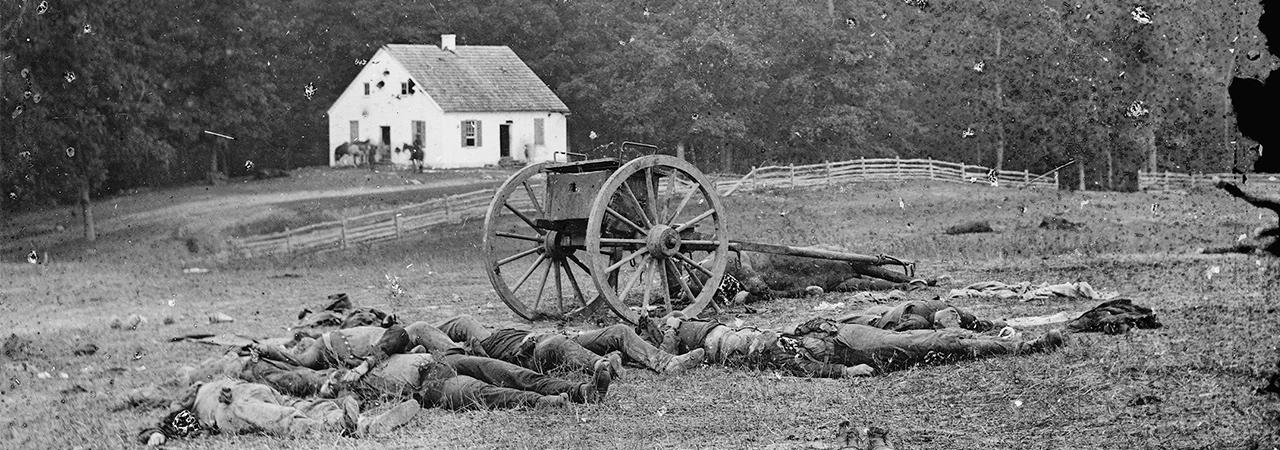When Hollywood takes on a historical subject I am interested in, I greet the news with cautious joy. If I’m lucky, I’ll get something as good as Steven Spielberg’s Lincoln. If I’m unlucky, I’ll have to endure Ridley Scott’s Napoleon.
It was with this happy trepidation that I tuned into Apple TV+’s historical miniseries, Franklin. The 8-part series is based on Stacy Schiff’s* book “A Great Improvisation: Franklin, France, and the Birth of America”.
* I haven’t read the book, but I have read Schiff’s excellent biographies of Cleopatra and Samuel Adams. She is an accomplished historian who is deeply knowledgeable of the period
The show does some things very well, others less well. And perhaps has a fatal flaw that prevents it from rising to greatness – something that was within its grasp.
Keatang’s Rules of History Movies
I have some rules for history movies or miniseries. Or, to paraphrase Dr. Peter Venkman, they’re more guidelines than rules. Let’s see how Franklin did:
Use a Smaller Story to Tell a Bigger Story
One might think a show titled Franklin would be a full-scale biography of one of our great Founders.
But you won’t see him sign the Declaration of Independence or create the US Postal Service. There are no scenes of him kite-flying in a thunderstorm or inventing bifocals. Neither George Washington nor Thomas Jefferson, Hamilton or Madison, will grace the screen.
Franklin wisely zeroes in on an important period in Franklin’s life and the life of our country: the near-decade he spent in France, first trying to gain France's support (military, financial, and diplomatic) for the American Revolution, then negotiating the Treaty of Paris ending that war.
This approach works. Napoleon (a movie I will not be kind to in this piece) failed for many reasons, not least of which is that Ridley Scott tried to capture 28 history-packed years into 3 hours. Even a filmmaker as unconcerned with historical truth as Scott can’t do that.
Get the Period Details Right
I have spent little to no time in pre-Revolutionary France, so maybe they didn’t get the details right. But boy it sure it felt like they did.
Much of it was filmed at Versailles itself, and in spots throughout Paris, and it shows. Spectacularly so.
The wardrobe and makeup seem to capture the ridiculous glamour of the Ancien Regime.
I have an admiration for historical shows that realize the world was much darker before Franklin discovered electricity (jk) and have the courage to show that, while still properly lighting the scene.
And Franklin does a masterful job of slipping back and forth between English and sub-titled French.
Finally…and this is a tricky subject…but unlike some other recent period films, there is no colorblind casting. There are Black actors but they are playing Black characters. There are good reasons for colorblind casting, particularly in a fictional setting. But when a production is doing so much difficult and expensive work to make you believe you are in 18th century France, that can be undone by, say, 18th century French Ministers of Finance that look nothing like 18th century French Ministers of Finance.
And having Black characters, rather than Black actors playing white characters, makes it possible to show period attitudes towards race. Colorblind casting will show said Minister of Finance meeting with the King, and everyone in the room is cool with the fact that the Minister of Finance is Black. When in actual 18th century France, I assure you, they would not be cool. Instead, we get to see French nobility react to a louche young noble bringing an "African" actress to a ball, or see the the casual racism of John Jay compared to the more enlightened John Adams.
The Truth is More Important Than the Facts
Novels, movies, and miniseries based on history are not documentaries. They are fictional retellings of historical events. And it is impossible to be completely faithful to the facts in this medium.
For example, the peace negotiations for the Treaty of Paris ran from April 1782 through its drafting in November, to its signing in September of the following year. That’s a year and a half.
Director Tim Van Patten* had about 45 minutes of screen time to show this. Some telescoping is necessary.
So, while what we see isn’t necessarily what happened, it is faithful to the truth of what happened. Well done. (You’ll be shocked to hear that Napoleon got the truth and the facts wrong.)
* TVP is the half-brother of Dick Van Patten, the Dad from Eight is Enough. His filmography is a list of the best television shows of the last two decades. He has directed episodes of The Wire, Deadwood, Rome, The Sopranos, Game of Thrones, Boardwalk Empire, and more.
I'd be remiss however if I didn't object to the characterization of John Adams. Adams is used as a foil against Franklin. Where Franklin is charming, Adams is rude and awkward. Franklin's French is imperfect but passable; Adams' is clumsy and intelligible. Franklin reads every person and moment perfectly; Adams blunders about cluelessly.
Adams was a brilliant man, and Franklin knew it. They give him a bit of a redemption at the end, but I may have to rewatch the HBO John Adams miniseries to forget this rendition.
Don’t Cast a Famous Person in the Role of a Famous Person
Even in a country as historically disinterested as America, most people have an idea of what Benjamin Franklin looks like. Bald, paunchy, kindly, wise.
Hollywood’s makeup artists, I’m sure, could have made Michael Douglas look more like Franklin. Instead we get a rather svelte figure whose hairline was not retreating like the British from Lexington and Concord.
The performance was charming, the lines well-delivered, the twinkle in the eye perfect. But not for one minute did I believe I was looking at Benjamin Franklin, American Founder. I was always quite aware I was looking at Michael Douglas, American Movie Star*.
* As my friend Lucky pointed out, if you want a believable performance of Benjamin Franklin, check out Tom Wilkinson in the John Adams miniseries.
But hey – he was many thousands times better than whatever the heck Joaquin Phoenix was doing in Napoleon! (damn, that movie infuriated me; I should do a review of that but I’d have to watch it again).
* The exception to this rule is Daniel Day-Lewis’ sublime performance in Lincoln
Thank You Apple
Whenever I review a history move/show, I feel bad because I nitpick at the edges. In truth, I am very grateful that Apple actually greenlighted this show.
Imagine that pitch meeting:
“So, we want to do a miniseries about Benjamin Franklin.”
“Oh, interesting!. Declaration of Independence, all of the Founding Fathers. Sounds great!”
“Actually, no, it will take place in France.”
“What?”
“Yeah, there’s going to be hours and hours of Franklin negotiating with French ministers, followed by hours and hours of Franklin negotiation with British officials.”
“Um…”
“Did I mention most of it will be in French?”
“Wait…”
“With sub-titles. And half of it will be French spoken poorly by Americans.”
“I dunno…”
“What if we had Michael Douglas looking geriatrically sexy in the title role?”
“Done!”
Seriously, I’m grateful this kind of television is being made. I know more about this history than the next guy, and probably the guy next to him. But I still learned quite a bit from the show. It captured well the competing interests of great nations, life in the ancien regime, and the wily charm of one of our greatest Americans.
As for Ridley Scott...just as Bonaparte himself gave us Austerlitz and Waterloo, you gave us Gladiator and Napoleon. You win some, you lose some, right?






